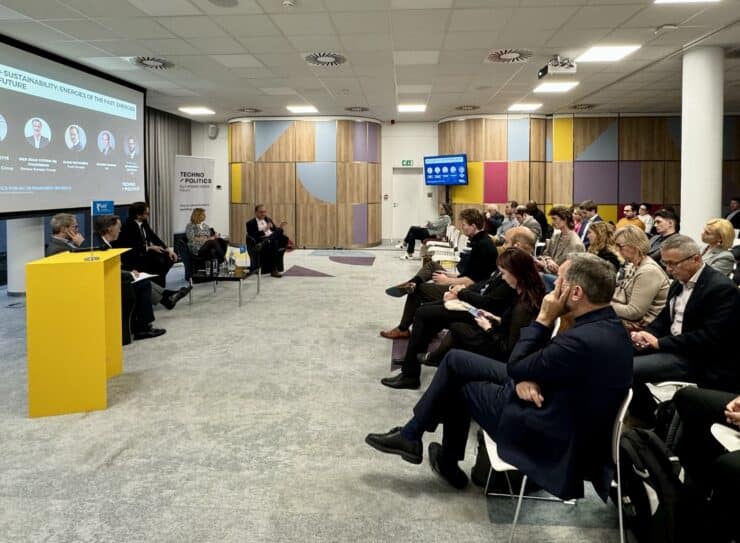4 December 2024
Techno-Politics 2024 – Europe vs Future
The third annual Techno-Politics Forum organised by the European Liberal Forum, took place on 20 November this year in Brussels, bringing together around 150 participants from European institutions, academia, industry and tech-enthusiastic community.

